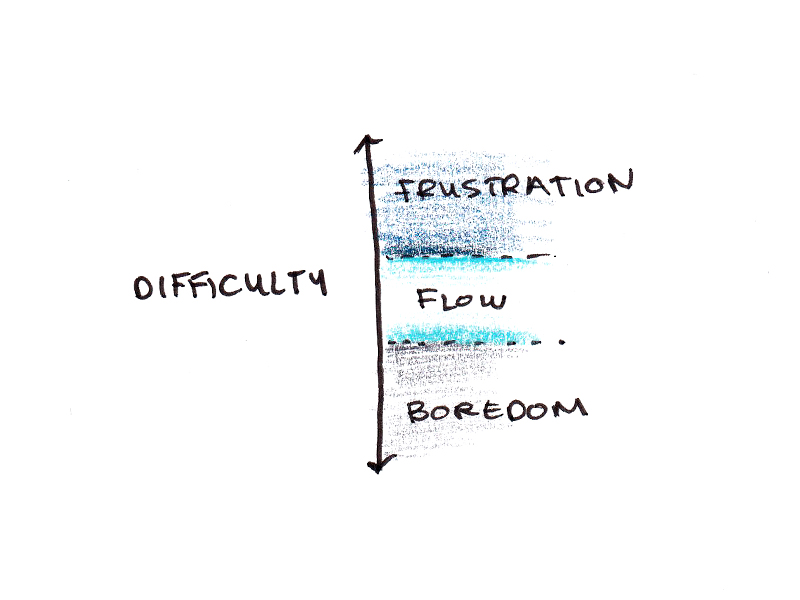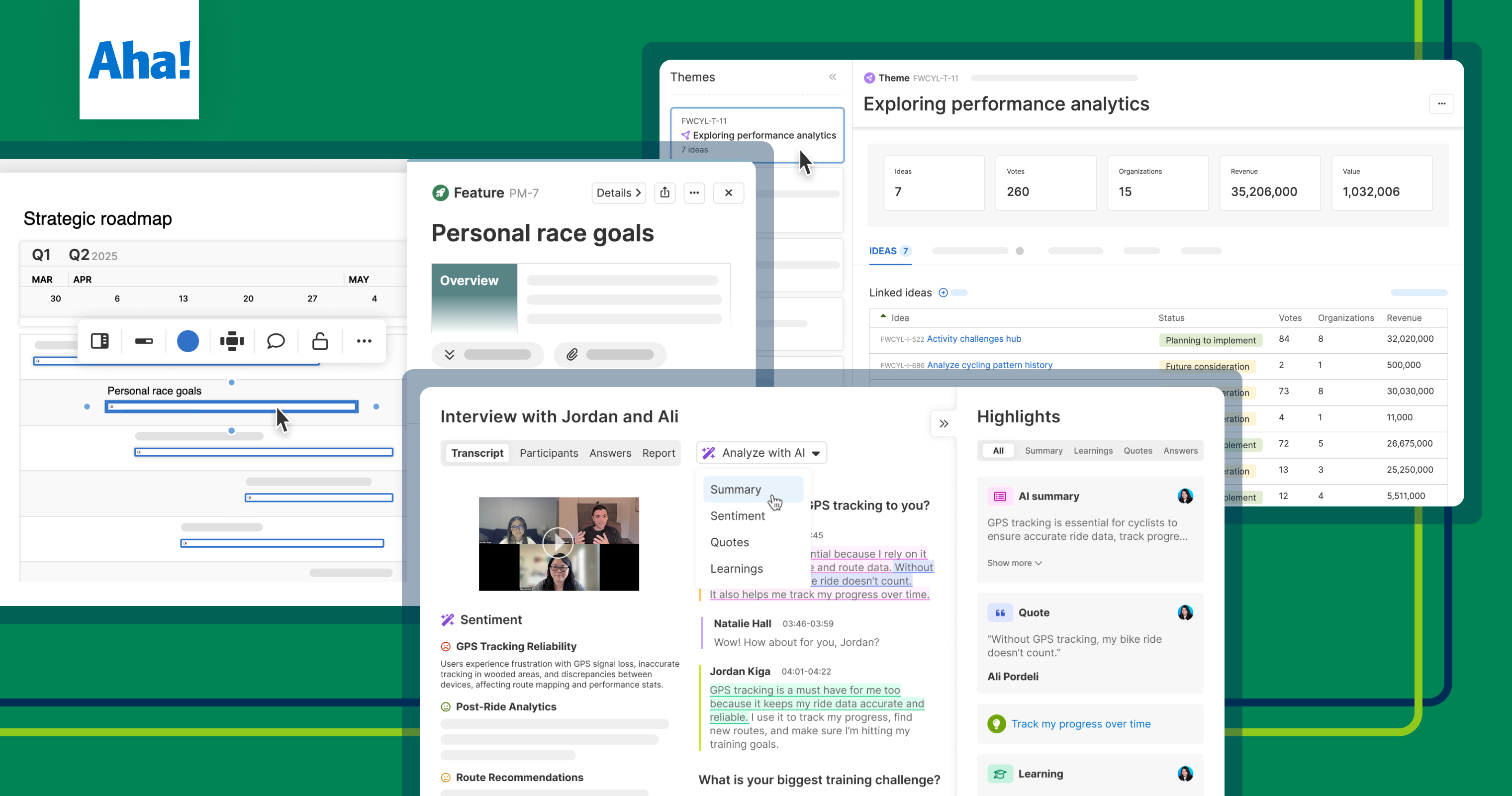Your Android Device Will Soon Automatically Reboot to Protect Itself
Android will automatically restart if you haven't used your device for three days.

Android is getting a new security feature that makes it harder for someone to break into your device if it has been lost, stolen, or seized. With the latest Google Play services update, Android phones and tablets will automatically restart (and require a passcode to decrypt) if they remain locked for three consecutive days.
How Android auto-restart works
Android and iOS devices already revert to a Before First Unlock (BFU) state when restarted, requiring a user to enter their passcode or PIN before certain features—such as notifications and biometrics—are enabled. Data is encrypted and inaccessible in a BFU state until the correct passcode is entered to shift the device to an After First Unlock (AFU) state. While it is possible to extract some data from a device in BFU mode, it is far more limited than a device that is in an AFU state.
Once this Google Play services update hits your Android device, it will automatically reboot (into BFU mode) if it remains locked for three consecutive days. That means that if your phone isn't in your possession and hasn't been unlocked, anyone trying to access your data (such as law enforcement or thieves) will encounter a higher security state that cannot be decrypted without your passcode.
Apple added a similar feature called "inactivity reboot"—which automatically restarts your iPhone and re-encrypts its data if it goes unused for four days—to iOS 18.1 late last year.
According to 9to5Google, the Google Play services 25.14 update will be rolled out over the next week. Auto restart may not be enabled immediately, though it should land on your device without an OS update. It's also unclear for now whether this is a feature users can opt in or out of (or if you'll be notified when an automatic restart happens) as well as which versions of Android will be supported.




































































































![Building A Digital PR Strategy: 10 Essential Steps for Beginners [With Examples]](https://buzzsumo.com/wp-content/uploads/2023/09/Building-A-Digital-PR-Strategy-10-Essential-Steps-for-Beginners-With-Examples-bblog-masthead.jpg)





![How One Brand Solved the Marketing Attribution Puzzle [Video]](https://contentmarketinginstitute.com/wp-content/uploads/2025/03/marketing-attribution-model-600x338.png?#)

































